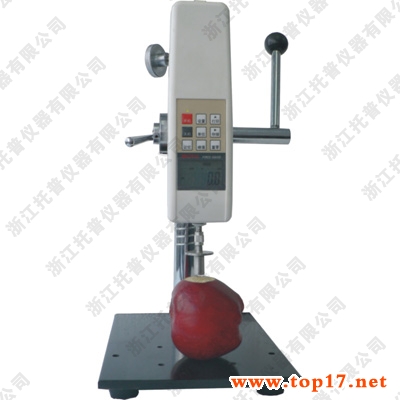Fruit hardness tester is also called fruit hardness tester. It is a professional instrument for measuring the hardness of apples, pears, watermelons, bananas and many other fruits. The instrument is small in size, light in weight, intuitive in numerical value, easy to carry, and very suitable for various applications. The test of fruit products in fruit establishments was deeply loved by fruit tree research departments, fruit tree farms, fruit companies, universities, and other institutions. It played an important role in actual measurement work. There are four types of fruit hardness tester: GY-1, GY-2, GY-3, and GY-4. The models are different, and they have different functions. The price is different, so here's a brief introduction to the four types. What is the difference between the model fruit hardness tester?
Flexible Pipes
Flex sections like this are designed to
allow for engine movement and vibration. If to build the entire exhaust or
intake out of solid pipe with nothing to flex, something will probably break.
All flex sections are not the same. Many of the less expensive ones will not
have a stainless steel braid on the inside, creating significant turbulence in
the exhaust gasses and reducing horsepower. We've also noticed that many of
them are listed as "stainless steel", but come with aluminized steel
pipes which rust and leak significantly faster, wrapped in stainless steel
braids. Our stainless steel exhaust/intake flex sections are some of the best
you can buy, with stainless steel braids on the inside and 100% stainless steel
construction.
Flexible Pipe,Flex Pipe,Flexible Water Pipe,Flexible Conduit Pipe JINING FAREAST LIANGFEI CONVERTER & MUFFLER CO. LTD , https://www.golbaltour.com
The most obvious difference between GY-1, GY-2, and GY-3 is that the GY-1 type fruit hardness tester is generally used to measure harder fruits such as apples and pears. The GY-2 fruit hardness tester is used to measure soft fruits such as grass plum, while the GY-3 fruit hardness tester is both hard and soft measurable, and it can be said to have both GY-1 and GY-2 functions. In addition, the main difference between the GY-4 type fruit hardness tester and the other three kinds of fruit hardness testers is in terms of function development. GY-4 is not only compatible with the measurement of the hardness of various GY-1, GY-2, GY-3 fruits, but also The digital display has a data storage function, a data output function, and an automatic peak function, and is a fruit hardness tester model with a relatively high degree of intelligence.
Although these four types of fruit hardness testers differ in function, they all have characteristics such as high measurement accuracy, small size, and portability when measuring fruit firmness. Therefore, when selecting a user, the user is mainly based on their own needs. You can choose the right model, and you don't need to pay extra for the pursuit of functional satisfaction. If you have questions about the differences between the four types of fruit hardness tester, you can also click on the link: http:// to view this separately. Details of four types of fruit hardness tester.